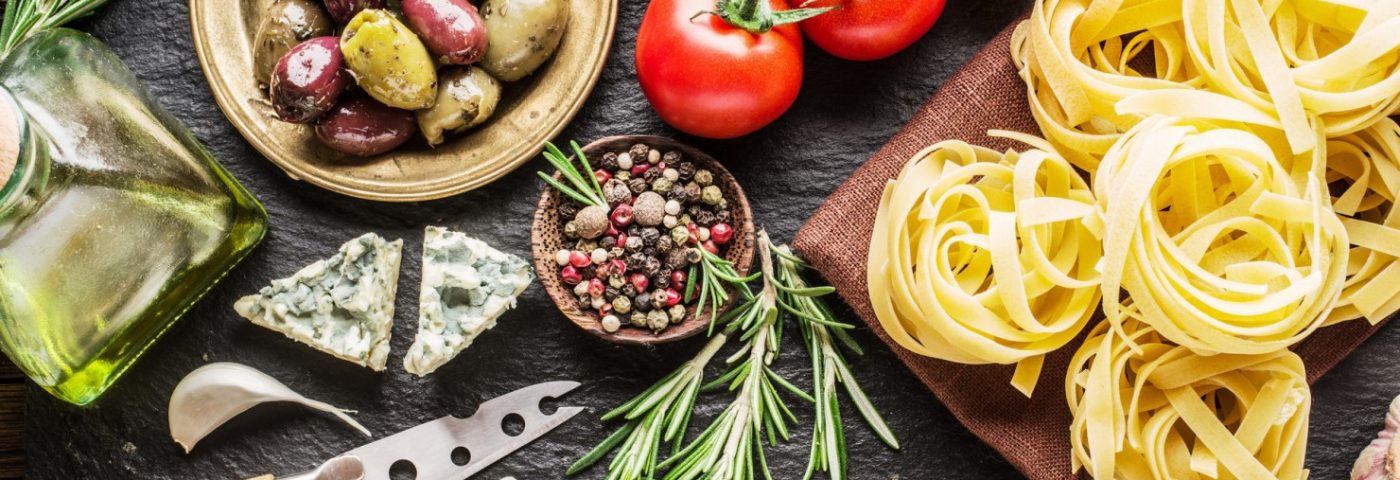Encouraging chronic kidney disease (CKD) patients to adopt healthy diets, rather than asking them to take — or avoid taking — individual nutrients, may help them live longer, a study says.
The findings will be published in the Clinical Journal of the American Society of Nephrology, the researchers said.
Many doctors advise CKD patients to restrict their intake of nutrients such as phosphorus, potassium, protein and sodium. The study suggests the restrictions do little to reduce the risk of early death. Overall eating patterns may have a greater impact on patients’ health and longevity, the researchers said.
The team, led by Professors Giovanni Strippoli and Jaimon Kelly, based their conclusions on a review of seven previous studies involving 15,285 participants. Strippoli, MD, PhD, teaches at the University of Bari, in Italy, and Kelly at Bond University in Australia.
The researchers said key elements of a healthy diet include greens, legumes, fruit, whole-grain cereal high in fiber, and fish. Healthy diets have little red meat, salt and refined sugars, they added.
In six of the seven studies the team reviewed, those on healthy diets had a 20% to 30% lower risk of premature death. That translated to 46 fewer deaths per 1,000 people over five years, the researchers said.
“Chronic kidney disease now affects about 10% to 13% of the adult population and substantially increases risks of cardiovascular complications and early death,” Strippoli said in a press release. “In the absence of randomized trials and large individual cohort studies, this study is the best available evidence to drive clinical decision-making by patients and doctors on whole dietary approaches in chronic kidney disease.”
Scientists have found that diets from the American South increase the risk of CKD and heart disease. They have also discovered that high sodium and potassium levels in urine are associated with an increased risk of CKD progression.
In addition, scientists have found that DASH diets (dietary approaches to stop hypertension) reduce the risk of CKD, and that when CKD patients eat low-protein diets supplemented with ketoanalogues (also known as the keto diet), they don’t need to begin dialysis as soon. Finally, scientists have learned that diets with a high proportion of plant protein, such beans and tofu, improve CKD patients’ health and lower their mortality risk.

